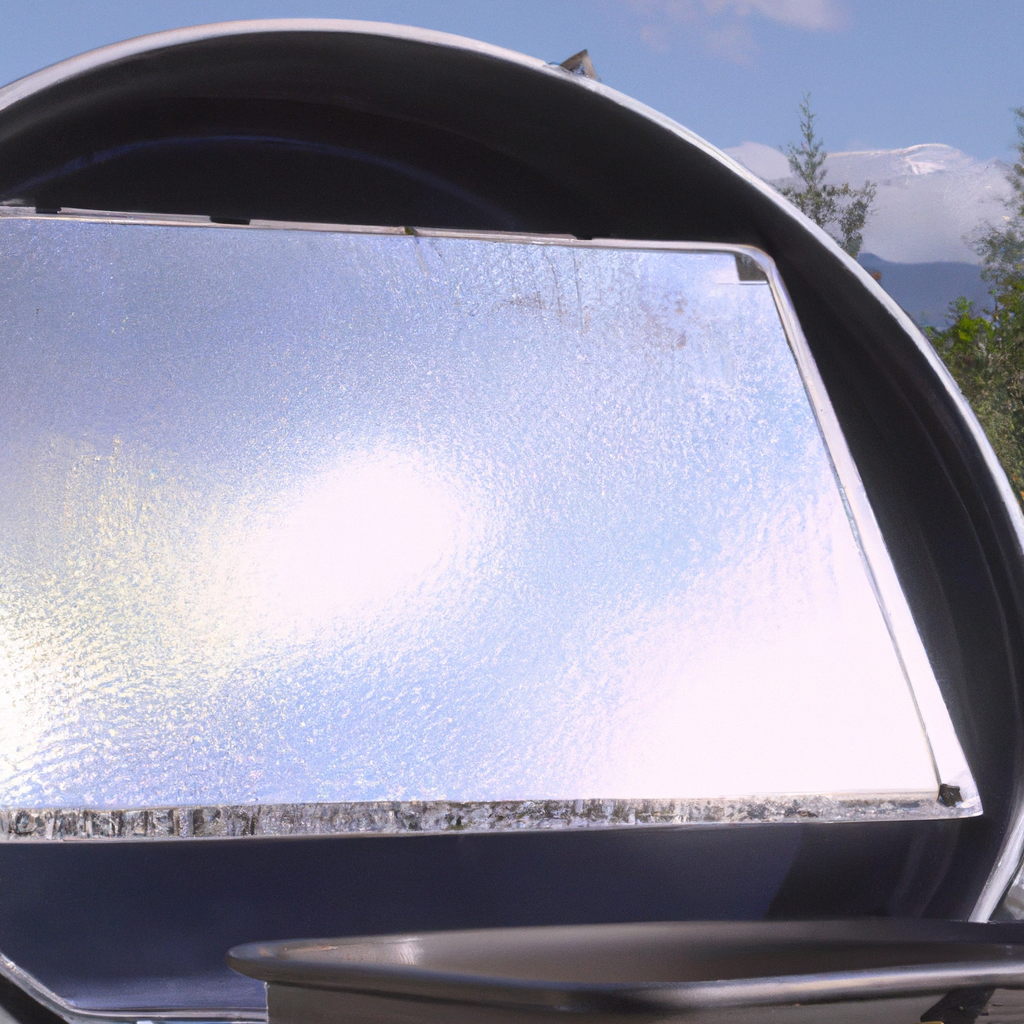Solar cooking has been gaining popularity in recent years as people become more aware of the importance of renewable energy and sustainable living. A solar cooker is an eco-friendly cooking device that uses the energy from the sun to cook food. In this article, we will explore how a solar cooker works and how it can benefit the environment and our health.
How does a solar cooker work?
A solar cooker works on the principle of converting sunlight into heat energy. This heat energy is then used to cook food. There are three basic types of solar cookers: box cookers, parabolic cookers, and panel cookers.
Box cookers are the most common type of solar cooker. They consist of an insulated box with a glass or plastic cover. The box is painted black to absorb as much sunlight as possible. The cover is usually made of glass or plastic to let in sunlight but keep out wind and insects. The box is also lined with reflective material to increase the amount of sunlight that is absorbed. Food is placed inside the box and left to cook for several hours.
Parabolic cookers are less common but more efficient than box cookers. They use a curved reflective surface to focus sunlight onto a small area. This creates a very high temperature that can be used for cooking. Parabolic cookers are often used for frying or boiling water.
Panel cookers are the simplest type of solar cooker. They consist of a dark-colored cooking pot surrounded by reflective panels. The panels focus sunlight onto the pot, which heats up and cooks the food. Panel cookers are often used for slow cooking or baking.
Benefits of solar cooking
There are many benefits to using a solar cooker for cooking. One of the most obvious benefits is that it is eco-friendly. Solar cooking does not require any fossil fuels, which means that it does not contribute to air pollution or climate change. It is also a renewable energy source, which means that it will never run out.
Solar cooking is also very healthy. Cooking with a solar cooker does not produce any smoke, which means that it does not create harmful fumes that can be inhaled. This is particularly important in developing countries where people often cook indoors over open fires, which can lead to respiratory problems.
Another benefit of solar cooking is that it is very affordable. Solar cookers can be made from simple materials that are readily available, such as cardboard, aluminum foil, and glass. This makes solar cooking accessible to people who live in rural areas where electricity and gas are not available.
Conclusion
In conclusion, a solar cooker is an eco-friendly, healthy, and affordable way to cook food. It works by converting sunlight into heat energy, which is then used to cook food. There are three basic types of solar cookers: box cookers, parabolic cookers, and panel cookers. Each type has its own unique advantages and disadvantages. Solar cooking is an excellent alternative to traditional cooking methods that rely on fossil fuels. It is also a great way to promote sustainable living and reduce our impact on the environment.







